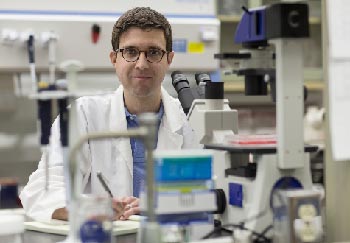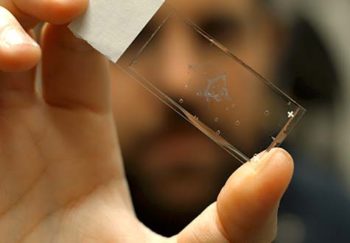
We’ve had some promising Alzheimer’s research news in the last month. First, a researcher received funding that will help him develop more cost-effective strategies for detecting, treating and preventing this disease. Then, a separate team of researchers announced a discovery that could help doctors treat brain-damaging inflammation in Alzheimer’s and other conditions.
We haven’t yet found an Alzheimer’s disease cure. But this is good progress toward treating the sixth leading cause of death in the U.S.
Inflammation Discovery Also Has Parkinson’s, Sepsis Treatment Implications
One reason why Alzheimer’s and Parkinson’s disease are so difficult to treat: The blood-brain barrier, which protects the brain from bacteria and other dangers, makes it difficult for drugs to get in.
But lead researcher Bimal Desai, PhD, and his team may have found a way around that. They identified an electrical switch of sorts within immune cells. The switch controls the flow of calcium into the immune cells. Without calcium, they can’t cause inflammation. And the inflammation is what damages the brain in Alzheimer’s, Parkinson’s disease and other neurodegenerative diseases.
Desai says this could benefit patients with many inflammatory diseases, including sepsis, arthritis and inflammatory bowel disease. Drug companies are already working on treatments that could target this type of switch. These could be much cheaper than current drugs, he adds.
More About UVA’s Alzheimer’s Research
Alzheimer’s Association Funding Backs Research Into Brain Injury Connection
Meanwhile, the Alzheimer’s Association is awarding a 2018 Research Grant Award to John Lukens, PhD, of the Department of Neuroscience and Center for Brain Immunology and Glia. The $149,000 grant will help Lukens and his team study the connection between brain injuries and Alzheimer’s disease.
Researchers already know that brain injury is a major risk factor for later getting Alzheimer’s disease, but they don’t know why. Lukens and his team will study how brain injuries disrupt the brain’s ability to drain harmful waste.

